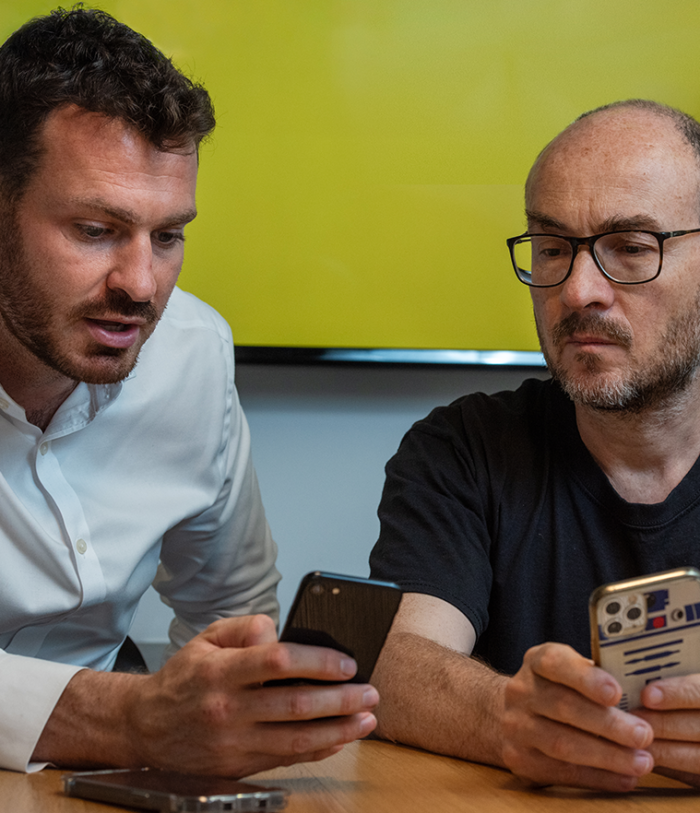BCB Group - Insights - weekly roundup – SushiSwap | Bank of England | Big Reads

weekly roundup – SushiSwap | Bank of England | Big Reads
Bitcoin’s price has been on a rollercoaster ride over the past week. After briefly getting above the psychologically important $12,000 mark on Wednesday afternoon, successive waves of selling that began in Asian hours on Thursday had pushed it within a few dollars of $10,000 just 24 hours later, showing investors that it still wins in the volatility stakes.
Here’s our weekly roundup of the industry news and big reads.
If you’d like to get in touch about any of our services, just send us a note, we look forward to hearing from you.

WHAT WERE THE REASONS FOR BITCOIN’S MID-WEEK SELL-OFF?
As analysts scrambled to make sense of last week’s moves, bitcoin’s narrative is once again up in the air – not exactly a safe haven, nor a correlated asset – here are three plausible explanations offered for the mid-week sell-off. Interestingly, prior to the sell-off, bitcoin had actually managed to overtake 170 global fiat currencies last week – at its former price of $11,300 (4 days ago), BTC officially became the 6th largest circulating currency in the world; when comparing the leading crypto asset’s market cap with the M0 figure of fiat currencies.

WHAT HAPPENED TO $1.2B DEFI PROTOCOL SUSHISWAP OVER THE WEEKEND
DeFi related news also dominated the events over the weekend. Specifically, Chef Nomi, the mysterious founder of SushiSwap – the latest decentralised finance protocol to flourish above the thriving canopy of this summer’s DeFi craze – has cashed out. Over the weekend, the self-described “head chef” withdrew 2.5 million SUSHI from the decentralised exchange in exchange for 18,000 ETH, the equivalent of about $6 million. In a Twitter thread, Chef Nomi explained that he liquidated all his SUSHI because he cares about the community and wants to hand things over to other developers.
It was subsequently noted that Chef Nomi transferred his control to the FTX CEO, Sam Bankman-Fried, who tweeted that he will devolve power to the community once more by transferring control to a multi-sig address controlled by leaders elected by the community. “After that SUSHI shall be back in the community’s hands”.

AN INSIDE LOOK AT CRYPTO EXCHANGE LISTINGS
Messari’s Wilson Withiam takes a deep dive into US crypto exchange listings, which, with the markets running hot, have seemingly become a catalyst for price movements. He notes, while investors can’t know what asset a crypto exchange will list next, there are some signals amidst the noise and he cites a fellow Messari analyst who has analysed how to wade through the crypto content swamp to pinpoint potential opportunities.

BITCOIN: A NOVEL ECONOMIC INSTITUTION
Ark Invest has produced, in collaboration with Coin Metrics, an excellent whitepaper on the role of bitcoin as an economic institution. It points out why the current financial system falls short of basic economic assurances, how bitcoin can satisfy them, and some excellent charts that make it easy to understand some of bitcoin’s issues, such as governance.

BANK OF ENGLAND GOVERNOR WANTS GLOBAL REGULATIONS AS STABLECOINS PICK UP STEAM
Bank of England Governor, Andrew Bailey said regulators have to come together for a “global response” to stablecoin issuance. Speaking on Thursday, he said the international nature of stablecoins, which can be based in one country and operate in another, meant failure to coordinate could result in confusion and regulatory fragmentation. While admitting stablecoins could reduce frictional costs, even becoming the primary means for purchasing goods and services, regulators must ensure they maintain their 1:1 backing with fiat currencies. Furthermore, Bailey called bitcoin unsuitable for payments and multi-asset backed crypto-dollars like libra premature. The BoE is actively researching a “digital pound.”

DON’T FEAR STABLECOINS, EMBRACE THEM – THE CRYPTO-DOLLAR SURGE AND THE AMERICAN OPPORTUNITY
“Don’t fear stablecoins, embrace them” – is CoinDesk columnist Nic Carter’s message to U.S. policymakers. Yes, encouraging the use of these dollar-denominated digital bearer assets would entail giving up on the international surveillance that bank-based dollar surveillance grants the U.S., but the free flow of a new form of money with its roots in the U.S. will ultimately serve U.S. interests, Carter argues. The alternative is to allow people suffering under the regimes of pariah states like Venezuela to migrate to “slipperier alternatives.”

PODCAST: INSTITUTIONAL INVESTING IN CRYPTO
Marcos Veremis, Managing Director at Evanston Capital Management, and David Fauchie, CIO at Cambrial Capital, discuss:
- How they became interested in crypto
- How institutions have approached the space
- How the space has evolved
- Bitcoin as a store of value in the current market environment
- The impact of COVID on crypto
- Crypto investment strategies
- Why generalist VCs have so far not been able to make good investments in the space
BCB publishes a weekly recap of the top crypto news stories and a monthly regulatory recap. To sign up, please visit: https://www.bcbgroup.com/contact-us/







